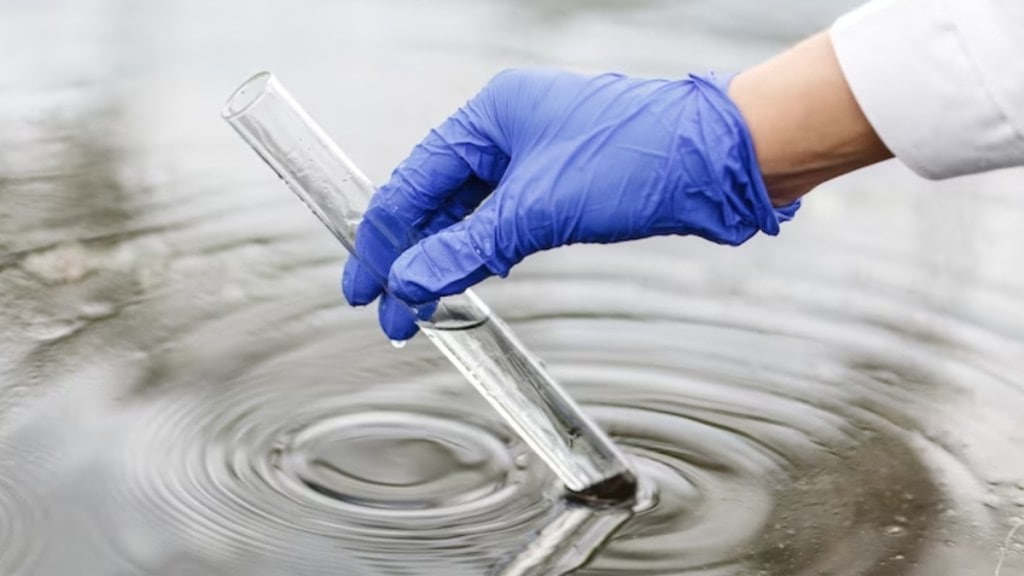By Rajesh Sachdev
Water conservation and filtration are critical components of sustainable water management practices. As the global population continues to grow and water resources become increasingly strained, understanding the importance of conserving water and ensuring its quality through filtration methods is essential.
Water is an extremely precious and limited resource. As much as we love to luxuriate in long showers or run the tap while we brush our teeth, it is essential to remember that water is a finite resource. We must conserve it to ensure there’s enough to go around for generations to come.
97% of our earth’s water is salty ocean water, leaving only 3% fresh water, and only 1% is actually accessible to be used and consumed, which makes water a scarce resource for us.
When water becomes scarce, it’s not just about parched throats and brown lawns. Ecosystems suffer, wildlife struggles, and agriculture takes a hit. By conserving water, we can help maintain a balance in nature and protect the delicate ecosystems that rely on this life-giving resource.
Some easy ways to conserve water are:
Take short showers : Spending less time under the shower can directly result in conserving water.
Invest in water saving fixtures : Today’s fixtures come with water saving capabilities. Investing in such fixtures can help reduce wastage of water.
Turn the fixtures on only during use: Consuming water only when required, and being responsible can create huge savings of water.
The usable water is used for utility and drinking purposes. For both types of uses, the water needs to be further filtered and purified before final consumption. Hence it is important to use proper filtration methods to filter the water.
Some common types of drinking water filtration are:
UV based water purifiers: These systems consist of a UV lamp that stuns the bacteria in the water leaving them inactive for a certain period of type, making the water consumable. These filters are advised to be be used in areas with water hardness below 300 ppm
RO based water purifiers: These systems consist of a semi permeable membrane that effectively removes all contaminants from the water. However while doing so even the good minerals like magnesium and calcium are removed as well. RO systems are not water saving systems. In order to effectively purify water, a lot of water is wasted making the system less sustainable. These systems are advised to be used in areas with hardness levels above 300 ppm.
Multistage Media Filtration: The systems filter the water by using multiple filtration media like coarse sediment filters to remove dirt and sediments, ION exchange resins to filter out the toxic chemicals and heavy metals, activated carbon adsorption to filter out the chlorine and odour making chemicals, mineral stabilisation to retain and condition the good minerals like magnesium and calcium and prevent limescale generation, followed by use of activated carbon block filters to super purify the water before final consumption. These systems do not waste any water, thereby making them ideal for water conservation and sustainability.
Utility water filtration is also important, especially in areas with high hardness levels. Water travels through various sources and pipelines before it reaches us, thereby coming in contact with many sediments that can be harmful to our skin and our fixtures. Hence filtering these sediments is important. This can be done by using backwash sediment filtration systems that can be easily serviced. In areas with poor water quality, additional water softeners and conditioners are advised to be used.
Consuming filtered water is extremely beneficial to us:
By consuming water free of contaminants and impurities, our body receives hydration in the most safe and hygienic way.
By removing the harsh chemicals and sediments from the water, our hair and skin quality is heavily improved.
Consuming clean water can help prevent illnesses and enhance our immune system. Water filtration systems act as a shield against water borne diseases.
In today’s world, water conservation and filtration is of utmost importance. Our water is scarce, and we also need to filter the water that is available to us in order to consume this essential resource for safe and hygienic consumption. It is important for us to be responsible for future generations to come.
The author is CEO of Blutherm. Views are personal.

